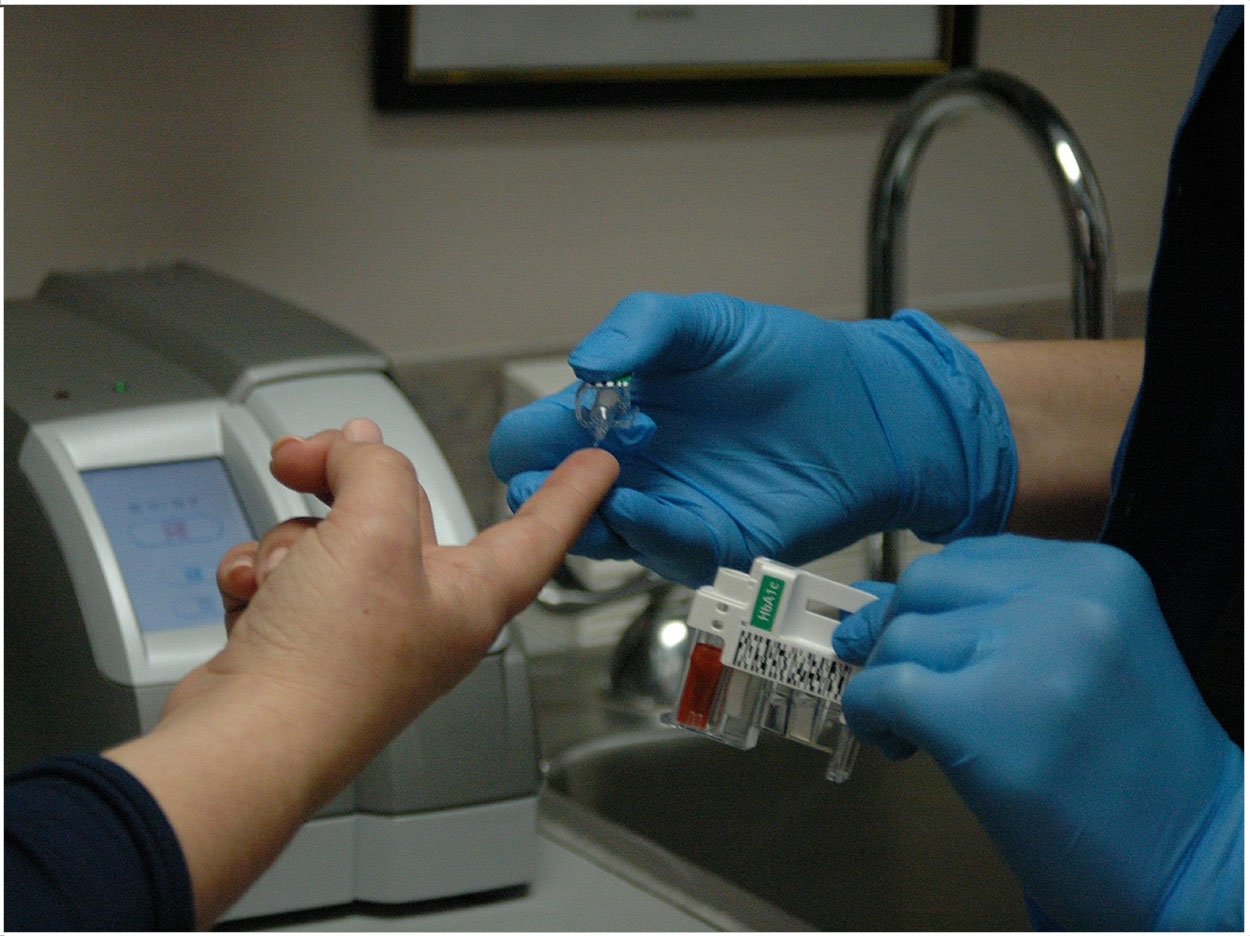
There is a reciprocal link between oral health and diabetes, as improvements in one often leads to improvements in the other. But tracking the oral health of diabetics also can lead to substantial savings in future medical treatments, according to the Oral Health Foundation.
In a study of more than 15,000 adults aged 18 to 64 years with newly diagnosed type 2 diabetes, patients who had gum disease treated at an early stage saved an average of about $1,300 in total healthcare costs during a 2-year period, the group reports.
The Oral Health Foundation, a charity in the United Kingdom (UK), says that a National Health Services (NHS) strategy of prioritizing the oral health of those with diabetes could save the government millions of pounds while improving the quality of life of those patients.
“The link between oral health and serious systemic diseases has become increasingly obvious over recent years, and one of the clearest relationships that we have seen is with diabetes,” said Dr. Nigel Carter, OBE, CEO of the Oral Health Foundation.
The organization expects the number of people with diabetes in the UK to rise from its current total of 3.5 million to 5 million, increasing the pressure on NHS resources and finances in already difficult times. Better care for gum disease could relieve some of that pressure, the group says.
“Giving patients the information and treatment they need to look after their gums can help to preserve the oral health of millions in the UK while also saving NHS coffers,” said Carter.
“Gum disease can potentially lead to tooth loss, and people with diabetes are more at risk of aggravating gum disease,” said Michaela O’Neill, president of the British Society of Dental Hygiene and Therapy. “It then becomes a vicious circle, as gum disease can increase blood sugar, which can lead to an increased risk of diabetic complications.”
Patients who show signs of gum disease, including bleeding while brushing and rinsing, should see their dentist as soon as possible for a thorough checkup of their teeth and gums, O’Neill said.
“If you are diabetic, it’s important that you make sure that you inform your dental team so the correct treatment can be prescribed for you,” said O’Neill. “Early oral health intervention for diabetic patients is a win-win for health services and patients alike.”
Related Articles
PeriRx Investigates Salivary Tests for Diabetes
Diabetics Still Face a Greater Risk of Tooth Loss
Periodontal Treatment Improves Glycemic Control in Diabetics


